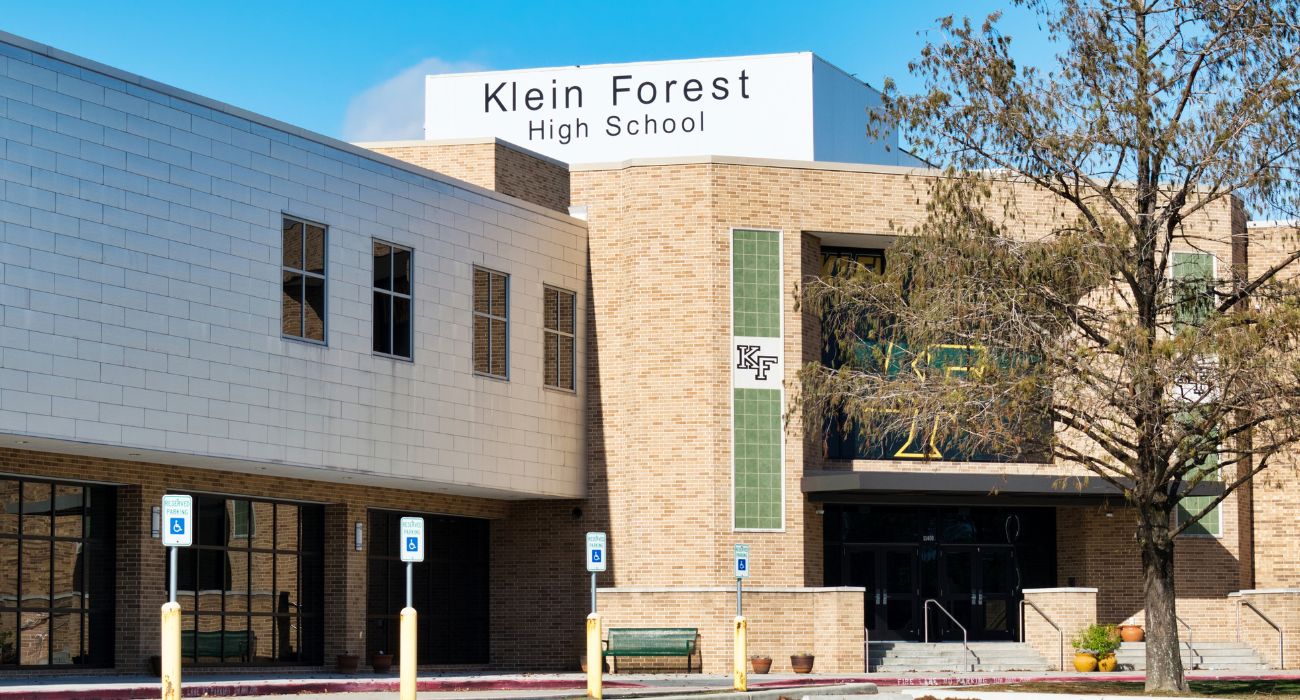Rising demand for special education has left Texas schools sounding the alarm over alleged staff and funding deficits.
In the 2020-2021 school year, 604,973 students in Texas were enrolled in special education, logging a 37% increase since 2013, according to the Texas Education Agency (TEA).
In 2017, lawmakers did away with a cap on student enrollment in special education programs. As a result, there has been a sharp uptick in requests to evaluate students for special education in recent years.
TEA data showed a huge uptick in demand in the 2019-2020 school year, with 104,803 requests made in total.
Alongside this surge, the amount of money districts spend on special education evaluations and provisions has ballooned.
A major driver of costs is the need to outsource such evaluations due to a shortage of qualified staff available to provide detailed assessments for students suspected of having a disability within 45 days, as required by law.
School districts have been hiring professionals from the private sector to cope with demand, with outsourced costs nearly doubling from approximately $30.7 million in the 2017-2018 school year to roughly $58.6 million in 2021-2022.
While state taxpayer funding for special education has increased, it has reportedly not been enough to cover expenditures. In the 2021-2022 school year, Texas school districts had a deficit of over $2 billion, racked up mostly by Dallas ISD, Frisco ISD, Austin ISD, and Houston ISD.
As Nacogdoches ISD special education administrator Audrey Young claimed, outsourcing is allegedly bankrupting programs and has purportedly led to the district cutting two of its four programs serving deaf students.
The strain also affects special education staff, who face a heavy workload.
According to the Express-News, Laura Garza, executive director of San Antonio Special Programs Co-Op, which administers special education for eight area ISDs, explained, “The amount and number of [evaluations] that we have to do is just, it’s outrageous.”
Garza’s sentiment was echoed by Brooke Simmons, who worked as the director of psychological services at Comal ISD before leaving last year.
“It just kind of kept getting worse each year,” Simmons recalled, per the Express-News. “The result of that is that we would miss timelines. There just physically isn’t enough hours in the day to make those timelines.”
Over the past two academic years, over 6,000 assessments statewide were not completed within the federally mandated 45-day time frame.
Meanwhile, many specialists in the field of special education are opting to work in the private sector due to competitive compensation packages and more flexible working conditions than at ISDs.
Mike Miles, the state-appointed superintendent of Houston ISD, which faced a deficit of $166 million in special education spending between 2020 and 2022, unveiled a four-point plan to tackle the department’s issues last week. It includes revising the district’s compensation plan to better attract and retain special education specialists to work in-house rather than relying on contractors.
“There’s no magic pill here,” Miles said in a meeting with school board trustees, according to the Houston Chronicle. “This is a big ship that we’re going to have to turn — it’s going to take more than a year to do that — but I think you’ll see that we have a [special education] department in good hands and we’re already moving in the right direction.”






